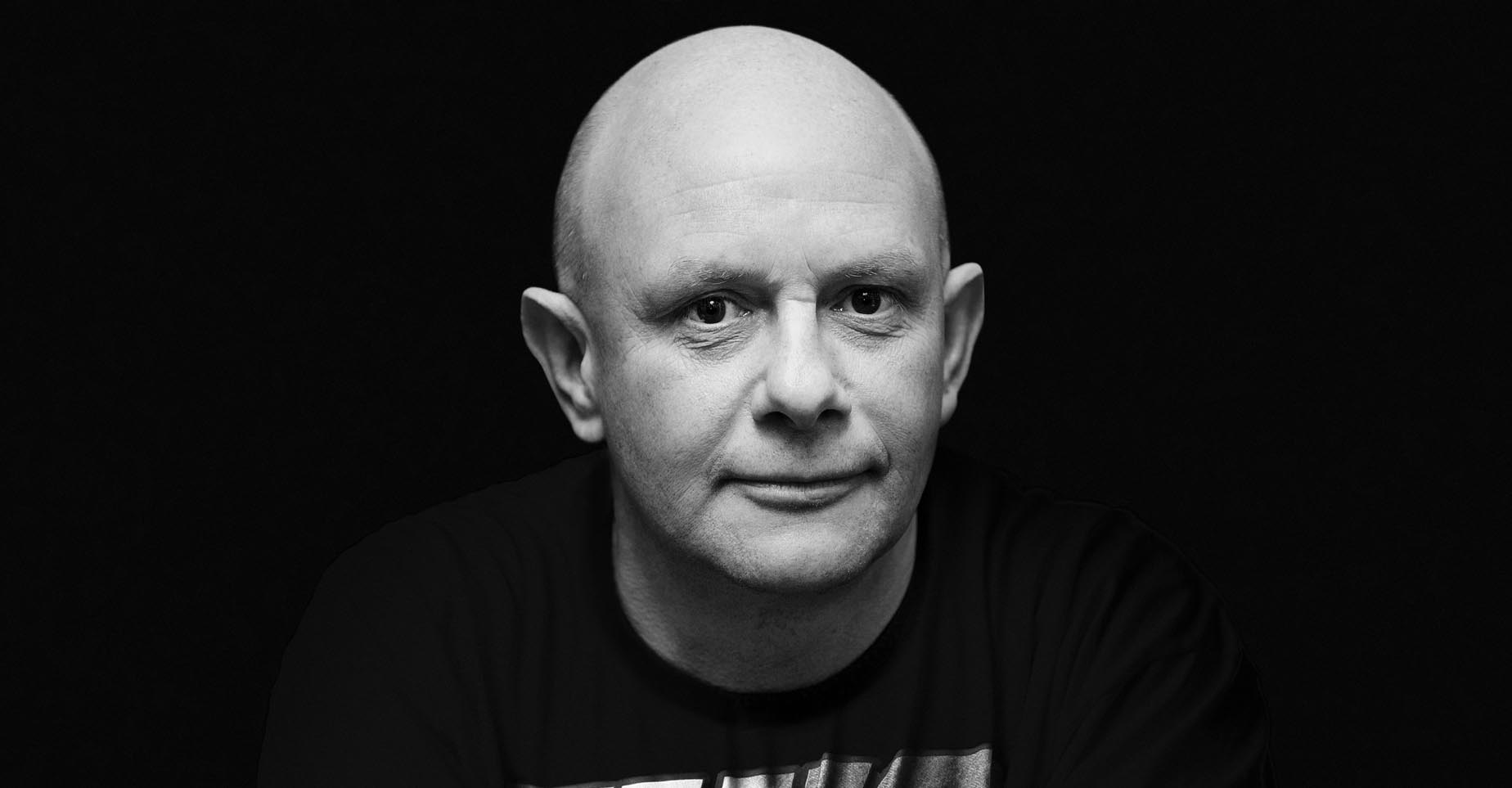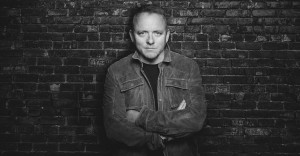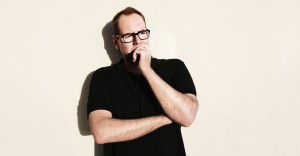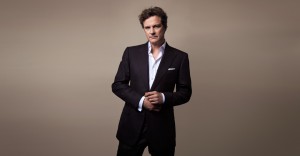Mr. Hornby, before Hunter S. Thompson became a famous writer he was so obsessed with Ernest Hemingway that he rewrote every word from For Whom The Bell Tolls because he wanted to know what it felt like to write down those amazing lines.
Oh, that’s a great idea. I didn’t know that.
Have you ever had a similar passion?
My literary inspiration was the American writer Anne Tyler. Reading her for the first time was a very important moment in my life. I think she is a great writer. She writes simply and with humor and with soul. I didn’t know that you could do that, because I had not been reading all these books of the literary greats in college. I had always wanted to write but I thought, “Well I can’t do that and I don’t want to do that so maybe I am not a writer.” But when I read her I felt that I understood every creative impulse she had. I am quite obsessed with her.
Have you met her?
We have talked. She is quite reclusive – she never meets up with you – but I think maybe the single greatest moment of my early career was receiving a long and beautiful letter from her about High Fidelity. I have it framed at home. (Laughs) I think what’s interesting is that she absolutely cannot see what her work has to do with my work, but I think that is the beauty of influence to a certain extent.
Austrian writer Wolf Haas said that he almost stopped writing his crime thrillers because he had the problem that critics adapted his way of writing and even journalists started talking to him the way he writes. Have you also encountered something like that?
Yes, I can certainly understand why he thinks that way. From my point of view I just want to do what I do and try to do something slightly different each time. When I began my career I was a football writer; this is what people thought of me because Fever Pitch was about football. And then I wrote High Fidelity and I was a musical football writer. If you put something else into the mix each time that maybe confuses people slightly.
Do you have a certain system of writing? Like, do you wake up at eight, start at nine and write till evening?
Yeah, that one. (Laughs) I have an office and I keep office hours. I think that you can wait forever for the muse to sit on your shoulder, but most of the time you know what has to be done and inspiration is not going to help you. If you are writing a scene where a character has to walk from one room into another – there is no inspiration involved; it’s a technical job. For me the inspiration really takes place before I start writing and after that it’s the work.
Do you sometimes feel pressure that your next book has to be better than the one you wrote before?
I think that writer’s block is a matter of confidence. I think that the daily struggle of a writer is to keep up one’s confidence, because you lose a sense of perspective, especially if you’re working on a longer project where you cannot show anybody anything for quite some time. It’s only you telling yourself that maybe somebody will want to read this. I haven’t been “blocked” but I certainly understand how it happens and why it happens.
High Fidelity, About a Boy and Fever Pitch have all been turned into movies. What is it about your work that is so cinematic?
All of my books have been bought, actually. I think there is a very banal explanation for that, which is that if you’ve sold 2 or 3, people are more interested the next time. The other thing is actually that there are so many people in the world who want to make movies. If you have written a novel that has a character and a narrative, at some point somebody will express interest in making a movie – and that might be a Hollywood studio or a first time English film producer who has no money at all. But actually I think selling the film rights to a book is not a big deal. But it is interesting.
What do you mean?
People, including filmmakers, think that my books are more cinematic than they actually are. A Long Way Down for example begins with four people standing on a roof, about to jump off. Everybody said, “Oh, I can so see this as a film.” And I say, “Yeah, you can see the opening minute as a film.” And the rest of it is set inside their heads. It is flashbacks and sitting in rooms talking and it is maybe not as cinematic as people think.
You also write screenplays yourself, right?
Yes, but I think the real problem with movies is always the uncertainty. You start a project and you really have no idea if the movie will ever be made, really no idea. If you start a book, you are almost certain that the book will be published. So it really feels as though your efforts in one medium will be rewarded and your efforts in another medium – even if you are being paid – may not come to anything. And I think it’s hard to overcome that obstacle in your head if you’re a writer.
Your first original screenplay, An Education, was about enjoying life to the fullest versus following a serious education. Was that temptation something you discovered in your early years as well?
I think if you haven’t ever had this opposition in your life then something has gone wrong with you. I think it happens to all of us at a certain point.
What was it in your case?
Maybe that story is a dramatization of what happened to me just more slowly. There is the opposition between formal education and having a good time, but then there is this third way where you want to know stuff because you want to know stuff.
What helped you find your own way after all?
Movies, music, and also certain kinds of books gave me intellectual stimulation. These are things that I had to discover outside of education and yet these are all in the life of my mind. But they were not provided for me in any form or sense. So it is quite a complicated journey that we all have to embark on at a certain point of our life.
Return to Top

Short Profile
Name: Nick Hornby
DOB: 17 April 1957
Place of Birth: Redhill, Surrey, England
Occupation: Writer





















Nick Hornby…GREAT writer!
“If you start a book, you are almost certain that the book will be published.”
How true is this?
not true at all
True if you’re Nick Hornby.
Any generalisation is inferred from his informal speaking, not intentionally implied – he’s talking about his own scripts and novels.